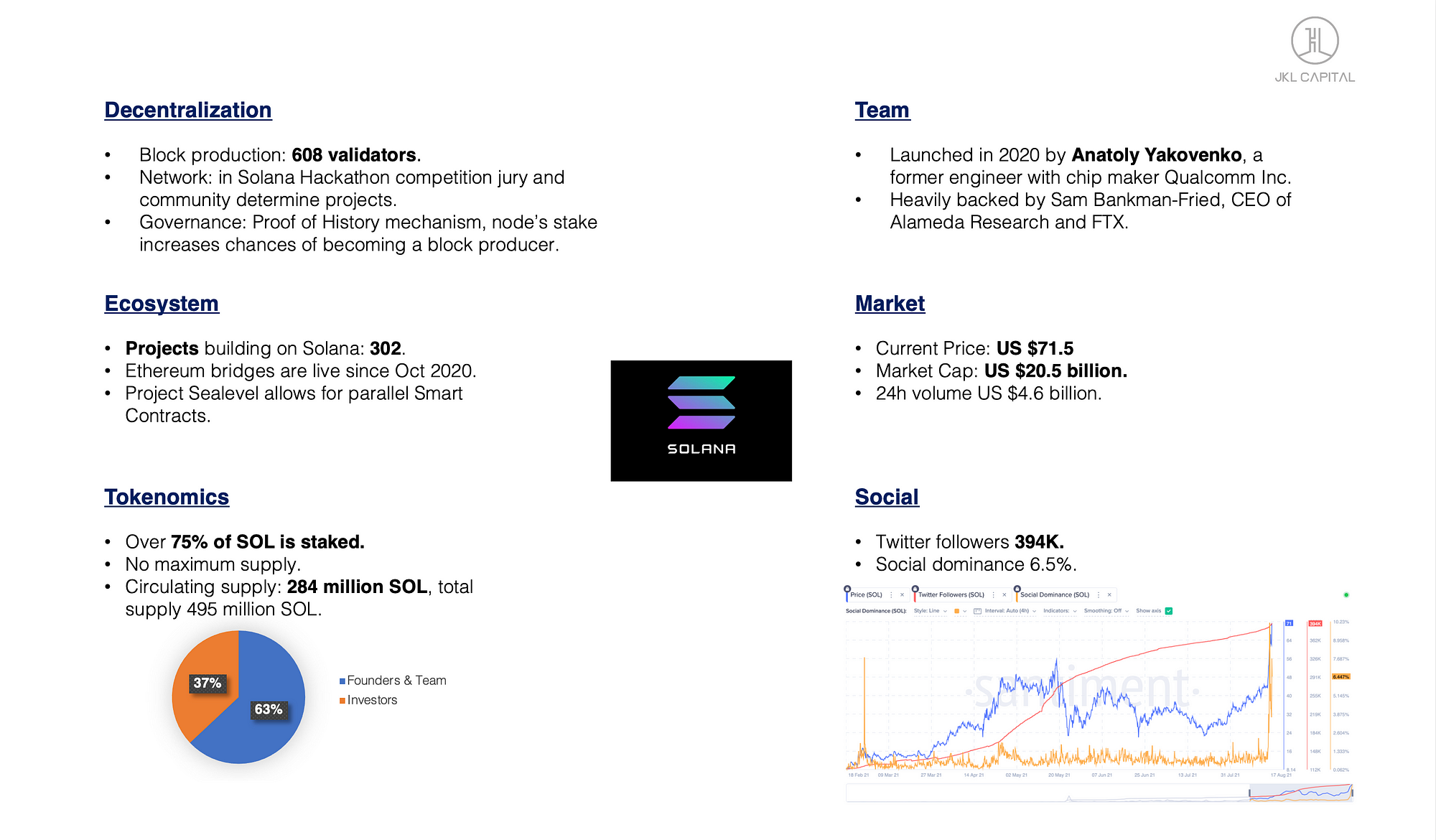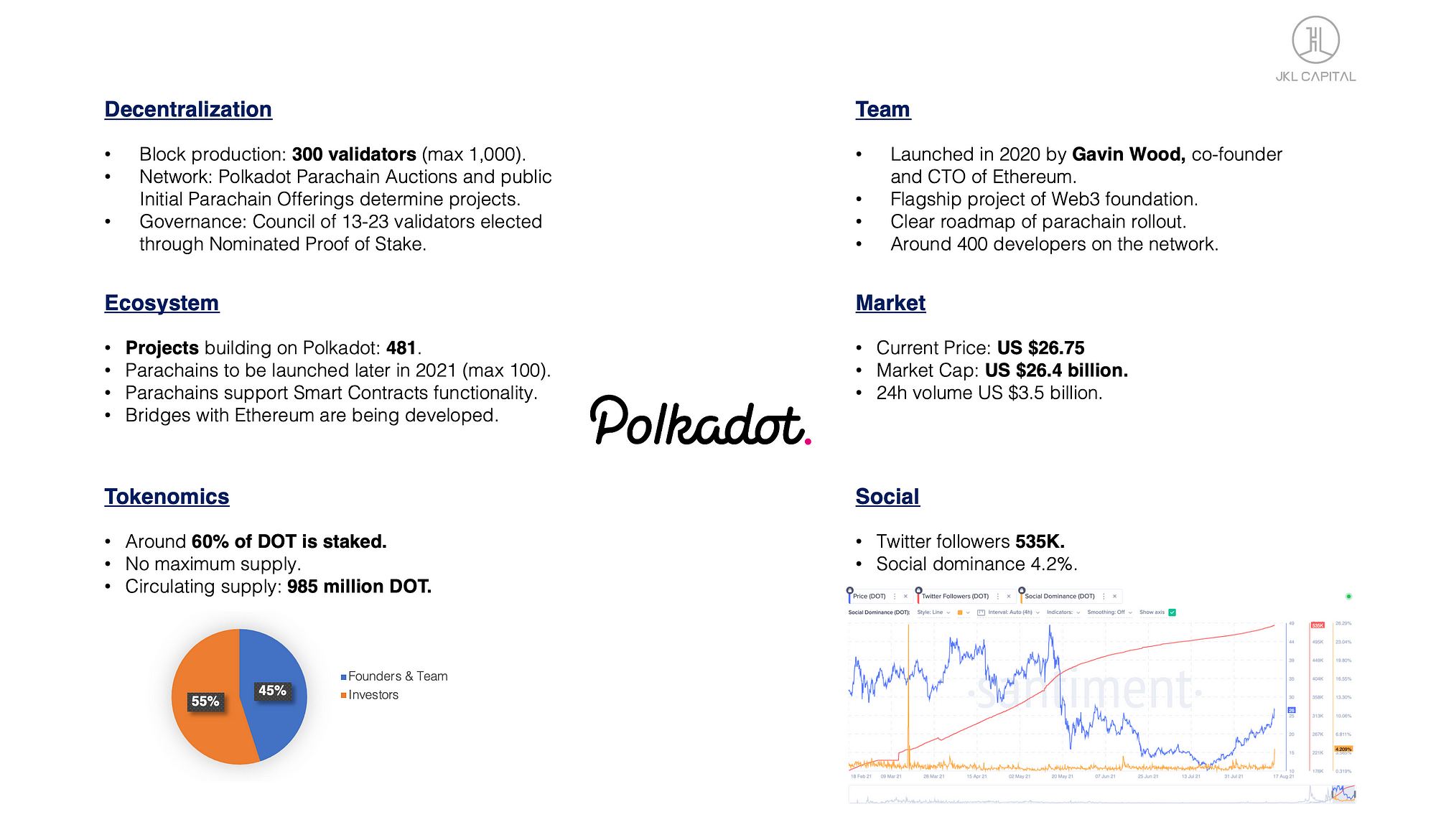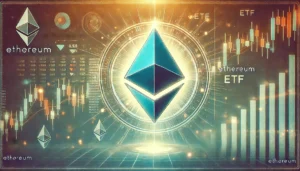Solana (SOL), Polkadot (DOT) and Cardano (ADA). Which one will win.
3 min readTable of Contents
In the field of cryptocurrencies, we have several different types and categories, depending on the goal of the projects. A popular category are cryptocurrencies, which deal with smart contracts. ETH has been in charge of this category since the beginning. However, this has not met the requirements for speed and efficiency for a long time, which is why its conqueror is still being sought. In the article we will look at his three biggest rivals – Solana, Polkadot and Cardano.
Smart contracts
ETH is the first network in the world to enable smart contracts. It allows developers to build their projects and applications on their own blockchain, facilitates the creation of native tokens, and enables seamless integration between products. ETH, which was launched in 2015, has a great advantage due to its primacy, with most dApps existing on the ETH network. More than 250,000 developers have chosen ETH.
Although the dominance of ETH is difficult to oppose, several crypto projects claim to be a more suitable alternative than ETH. But which candidate has the technological and social potential to become the new king in the provision of smart contracts? Today we look at the research of JKL Capital. This research followed the three biggest rivals – Solana, Polkadot and Cardano.
Solana (SOL)
Solana is a relatively new network designed to provide a fast, secure and scalable solution. Emphasis is placed on the speed of the transaction, which Solana solves through the Proof of History mechanism. It assigns a timestamp to each transaction to achieve scalability and high throughput. 302 projects are currently being built in Solana and the ERC20 bridge has been in operation since October 2020, with some projects already migrating from the ETH network to the Solana network (eg Audius). In this sense, Solana surpasses Cardano and Polkadot, because smart contracts are already working here.
There are currently about 600 validators who help secure the network.
Especially in recent days, this project has been sought after because the SOL price has reached new highs, which has secured it a place in the top 10.
Polkadot (DOT)
Polkadot is a relatively young project that was launched in 2020. Polkadot offers a blockchain platform for cross-chain interoperability. Its founder, Dr. Gavin Wood is also one of the first founders of Ethereum.
The main feature of the Polkadot network is its parachains – their own blockchains, which simultaneously cooperate within the Polkadot ecosystem. Parachains are planned to launch on Polkadot later this year after a period of auditing and optimization in the Kusama network – the Polkadot test network.
At the time of writing, Polkadot has about 300 validators, with plans to increase the number to 1,000. The Polkadot network runs on the Proof of Stake algorithm. In this algorithm, the voting and confirmation authority depends on the number of inserted / stacked DOTs in the network. Therefore, about 60% of all DOTs are stacked in the network. Although a lower number of validators contributes to better scalability, it is a step backwards towards decentralization.
Cardano (ADA)
The Cardano cryptocurrency is the oldest of the three – it has been operating since 2017. It is currently the second largest blockchain with the support of smart contracts. However, the smart contracts themselves do not work yet, but we will see them in a few weeks.
One of the great advantages of Cardano is the high degree of decentralization of the project. 3,000 operators are responsible for 100% of the new units. The higher this number, the higher the security level, which makes 51% less likely to attack. Compared to 250,000 validators in the ETH network, Cardano still has some room for growth. However, compared to competitors, Cardano is really the second best platform supporting smart contracts.
The distribution of the ADA is further proof that the project favors decentralization, as only 16% of the ADA belongs to the team and founders and 84% own investors. For network data, the number of ADA addresses is approximately 2 million. This is almost 30 times less than non-zero ETH addresses and more than twice less than DOGE. So Cardano still has a long way to go in this regard.









